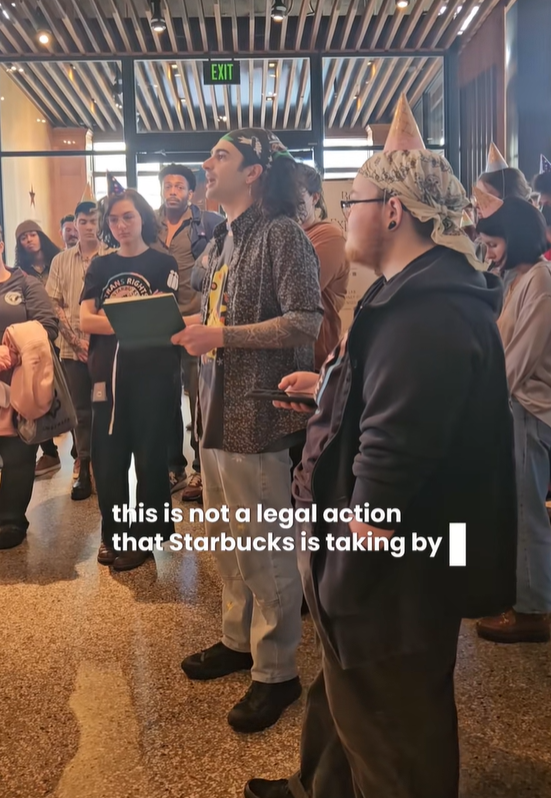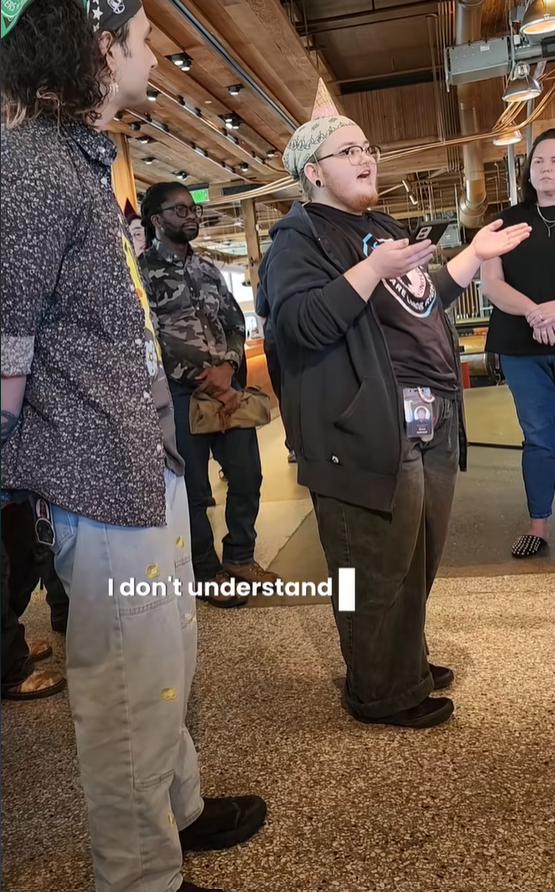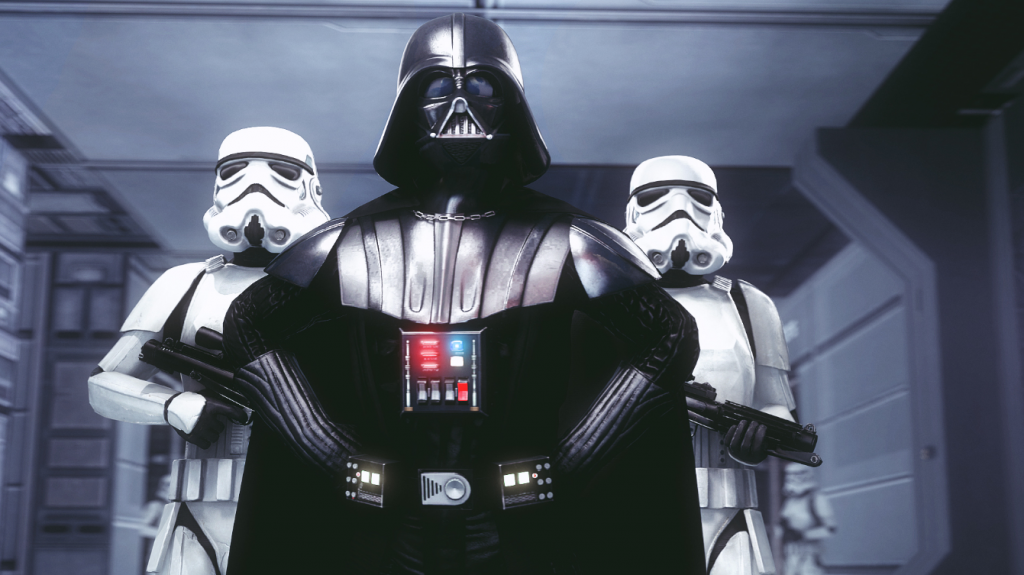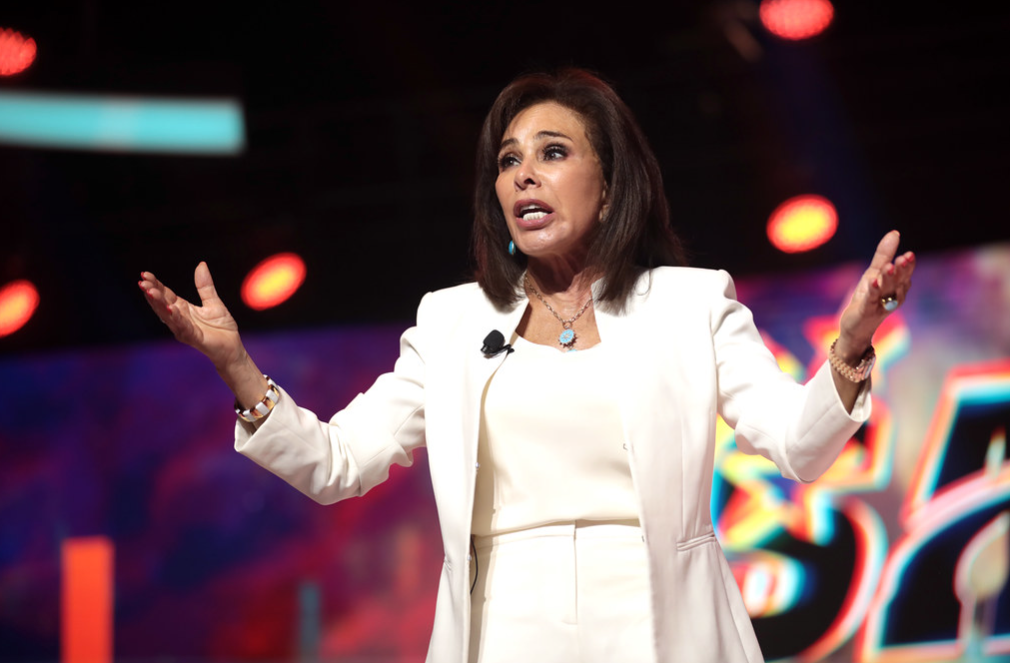Starbucks is facing backlash from some of its youngest employees after rolling out a stricter dress code policy that’s sparked protests, online debate, and cries of “snowflake behavior.” The updated uniform guidelines, set to take effect May 12, aim to simplify attire by limiting clothing colors and styles in order to maintain a more “consistent coffeehouse experience.”
But for many Gen Z baristas, the change feels like a step backward. Videos posted online show workers at a Seattle Starbucks marching in protest, accusing the company of targeting self-expression. “You’re not fixing low wages or understaffing,” one protester shouted. “You’re just policing our outfits.” Others claimed they now have to buy entire new wardrobes, all while wages remain stagnant.

The new rules require employees to wear solid black or denim bottoms in approved shades, along with black or khaki shirts. Starbucks has said workers will receive two branded T-shirts for free, but for many employees, the issue is less about cost and more about autonomy. Union organizers also pointed out that such a policy should be negotiated under labor agreements.
Social media reactions have been predictably split. Some sided with the baristas, saying flair and personal style boost morale. Others dismissed the outrage as entitled, with one commenter writing, “No one is paying you to express yourself—just make the coffee.”
This isn’t the only recent controversy for the coffee giant. Earlier this year, Starbucks rolled out a policy requiring baristas to write personalized notes or drawings on customers’ cups—a move that also drew complaints from workers who say they barely have enough time for orders as is. For Starbucks, it’s another reminder that cultural tensions now brew as easily as coffee behind the counter.




